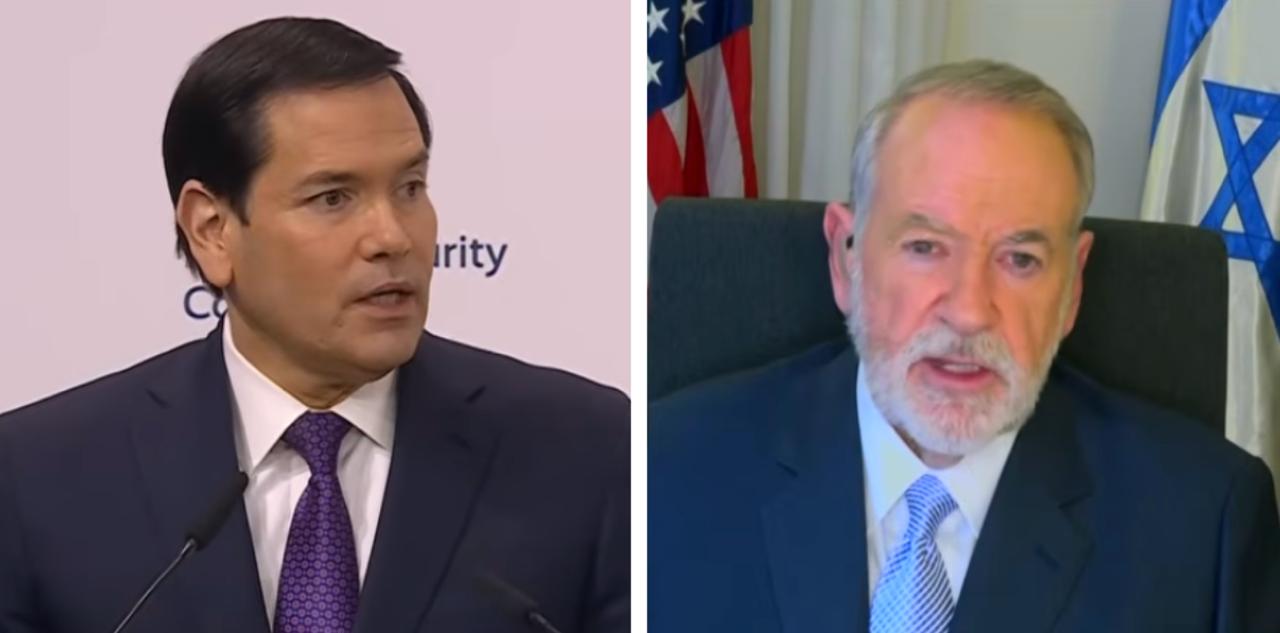The fight for Hong Kong’s democracy has global attention again, but it's nothing new.
For years, Hong Kongers have witnessed their freedoms being stripped away by Beijing.
A million people – over a seventh of Hong Kong’s population – took to the streets this week to express their disdain for the anti-Democratic measures being foist upon them by the Chinese dictatorship.
This was not a cry about one piece of legislation, as some may have you believe.
This was not a cry about one piece of legislation, as some may have you believe. This is pent up anger from scores of direct attacks.
[caption id="attachment_178355" align="alignnone" width="2048"] Flickr (CC)[/caption]
Flickr (CC)[/caption]
Nobody has forgotten the five booksellers kidnapped by Beijing agents and taken to the Mainland in 2015. Their crime? Stocking politically sensitive books about China – which is legal in Hong Kong, but banned in China. One by one the men were taken from their homes and detained for months.
Joshua Wong, one of Hong Kong’s youngest and most prominent activists, is currently serving time in prison for peaceful protests as part of the Umbrella Revolution in 2014 – a huge political movement in response to China's decision to rule out full universal suffrage.
It is the encroachment – or what some may call direct violation – of the ‘one country, two systems’ principle that is alarming Hong Kongers.
Last year the Hong Kong government banned the Hong Kong National Party (HKNP) “in the interests of national security, public safety, public order, protection of freedom and the rights of others” – although it’s widely believed to be due to its pro-independence stance. When Financial Times journalist Victor Mallet invited the convener of the HKNP to chair a session at the Foreign Correspondents’ Club, he lost his visa and shortly after had to leave Hong Kong for good.
Let’s not forget the abduction of Chinese billionaire Xiao Jianhua from a Hong Kong hotel to the Mainland in 2017 in a move that violated Hong Kong’s mini-constitution, allowing only Hong Kong police to operate in the Special Administrative Region (SAR).
It is the encroachment – or what some may call direct violation – of the ‘one country, two systems’ principle that is alarming Hong Kongers.
The latest protests display just that, with locals opposing amendments that would allow Hong Kongers and anyone present in Hong Kong to be extradited to Mainland China and subject to the Chinese justice system, internationally not renowned for its fairness or values.
Despite Hong Kong’s impressive protests, the government has not backed down.
A second reading of the controversial bill has been delayed but not taken off the table. The police made a very controversial move on Wednesday, firing tear gas and rubber bullets at protestors trying to storm government buildings. Over 70 were injured in a move that Human Rights Watch described as “excessive force.”
In contrast to the manner in which powerful world players have turned a blind eye to the violence committed against the Gilets Jaunes by the increasingly autocratic Emmanuel Macron in France, it has been gratifying to see the world vocalize its support for the people of Hong Kong.
The European Union urged Hong Kongers’ rights be respected. President Donald Trump appeared sympathetic to the cause at a press conference, where he said he hoped Hong Kong could “work it out” with China. British Foreign Secretary Jeremy Hunt urged the local government to “listen to the concerns of its people and its friends in the international community and to pause and reflect on these controversial measures”. Taiwan Prime Minister Tsai Ing-wen, who isn't shy when it comes to her state’s tensions with China, also gave her support by tweeting: “You may feel your demands for freedom seem to fall on deaf ears, please know that all like-minded friends in #Taiwan & around the world are standing with you.”
With pro-Beijing parties forming the majority of Hong Kong’s legislative body, it is likely the bill that sparked this latest fuse will go ahead. Nevertheless, protests are significant for both Hong Kong and China.
For a region that is largely peaceful, civilized and safe, the protests contradict how Hong Kongers like to live their lives.
One of the most poignant images of the saga so far has been the sight of an elderly Chinese woman walking into the middle of the road to wave a billowing Union Flag – the flag of the United Kingdom – to supportive chants of “Heung Gong.” It is a sign that respect for the liberties spread across the globe by the British Empire still lives on, if only thousands of miles away.
One can only hope that the Hong Kong government will listen: but perhaps the Western political class should pay closer attention as well, and apply the same empathy and concern to the everyman closer to home.
Sarah Marie Lauren is a conservative commentator





